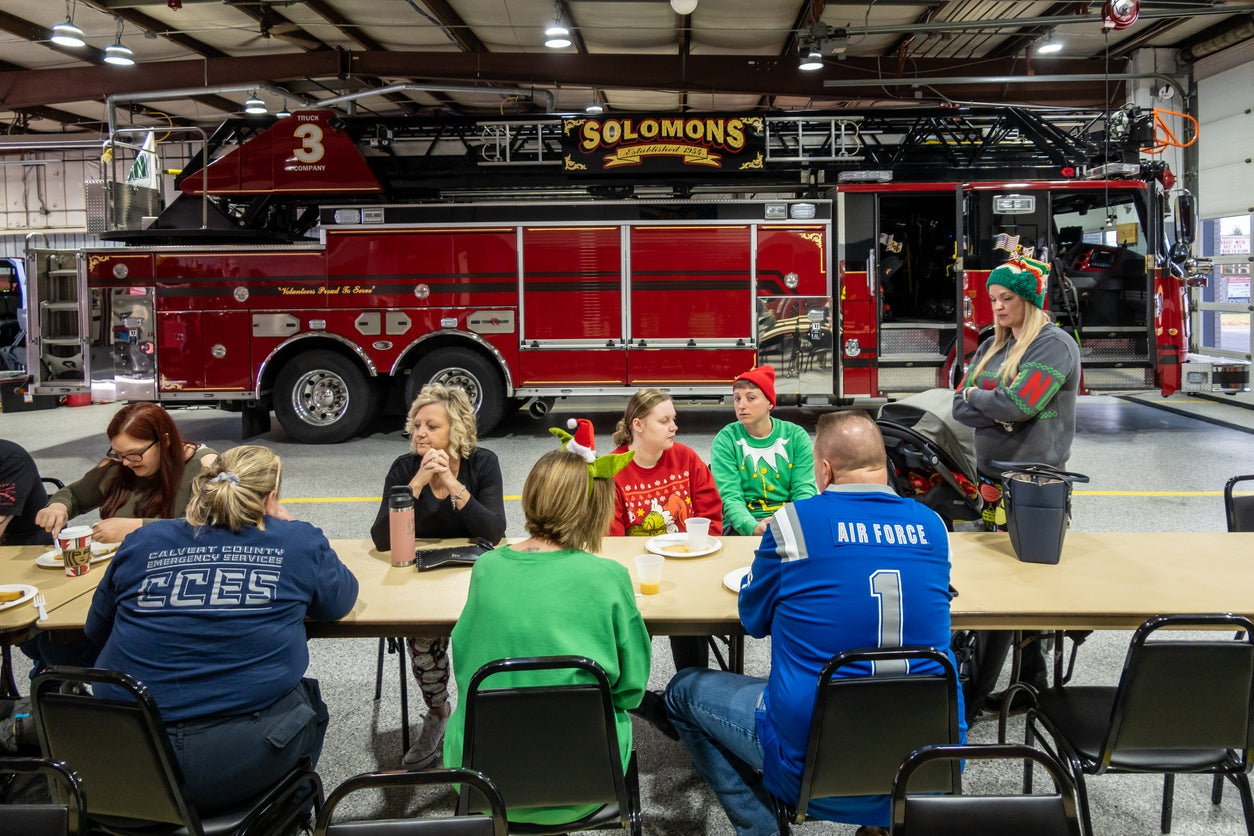The Community Emergency Response Team (CERT) program is a community-driven initiative that trains individuals to become competent first responders during disasters and emergencies. Through comprehensive training, CERT volunteers play a crucial role in bridging the gap between initial incidents and the arrival of professional responders. This article delves into the components, objectives, and impact of the CERT program in strengthening community resilience and disaster response.
1. Understanding the CERT Program
The CERT program was established by the Federal Emergency Management Agency (FEMA) to create a network of well-trained volunteers ready to provide immediate assistance in their communities. It originated in 1985 following the Mexico City earthquake, highlighting the importance of community members stepping up as first responders.
2. Objectives of the CERT Program
CERT programs are driven by the following core objectives:
-
Disaster Preparedness: Participants learn about local hazards, create family emergency plans, and gather necessary supplies to enhance personal and community preparedness.
-
Empowerment: CERT training empowers individuals to take action during emergencies, reducing the reliance on external assistance during the critical initial moments.
-
Teamwork and Collaboration: CERT fosters teamwork and collaboration among community members, fostering a sense of unity and shared responsibility for community safety.
3. Key Training Components
a. Disaster Preparedness
- Participants learn to identify hazards specific to their area and assess potential risks.
- Developing family emergency plans, assembling emergency kits, and establishing communication strategies are crucial aspects.
b. Fire Safety and Suppression
- Basic fire safety principles, including fire chemistry and suppression techniques, are taught.
- Participants gain hands-on experience with fire extinguishers and learn how to safely approach and contain small fires.
c. Medical Operations
- Basic first aid skills are covered, such as assessing injuries, providing initial care, and addressing life-threatening conditions.
- Emphasis is placed on controlling bleeding, treating shock, and administering cardiopulmonary resuscitation (CPR).
d. Light Search and Rescue
- Participants learn how to conduct safe searches for and extractions of victims from damaged structures.
- The importance of assessing structural stability and using basic tools for rescue operations is emphasized.
e. Team Organization and Management
- Effective communication and coordination are essential during emergencies. CERT members are educated on roles and responsibilities within an incident command system.
- Leadership skills and clear directives enhance the overall effectiveness of CERT teams.
f. Psychological First Aid
- Emotional well-being is addressed through psychological first aid techniques.
- CERT volunteers are trained to provide comfort, active listening, and appropriate support to disaster survivors and fellow responders.
4. Real-World Application and Impact
CERT training equips volunteers with practical skills for real-world situations:
- CERT members have been instrumental in managing traffic, conducting searches, and providing immediate assistance after earthquakes, hurricanes, and other emergencies.
- The rapid and informed response of CERT volunteers bridges the gap until professional responders can arrive on the scene.
5. CERT and Community Resilience
- CERT fosters a sense of community and solidarity among participants.
- The program encourages individuals to actively contribute to the well-being of their neighbors and neighborhood.
6. Collaboration with Professional Responders
- CERT teams work in tandem with professional responders to enhance disaster response efforts.
- Effective communication, clear roles, and mutual respect ensure a seamless partnership between CERT and professionals.
7. Conclusion
The CERT program is a cornerstone of community disaster preparedness and response. By training individuals in vital life-saving techniques and encouraging community collaboration, CERT empowers ordinary citizens to become extraordinary first responders. This program not only enhances community resilience but also reinforces the notion that in times of crisis, communities are at their strongest when they unite to protect and support one another.

